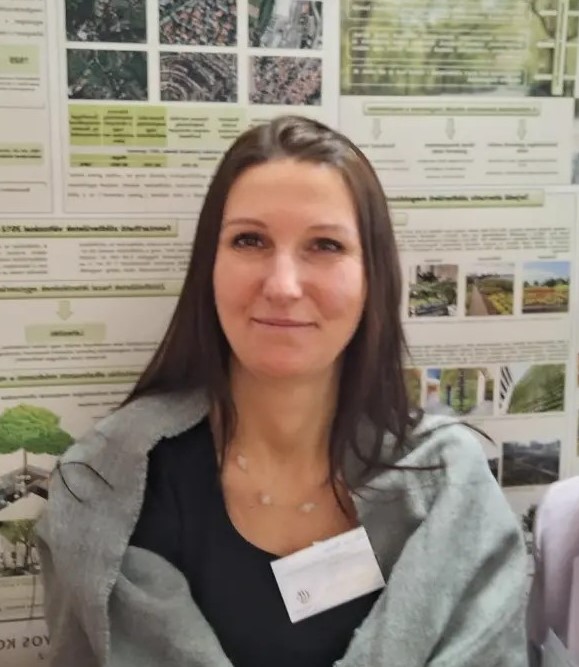Dr. Szilvia Kisvarga - MATE Research
Overview
Dr. Szilvia Kisvarga, a horticultural engineer, plant geneticist and plant breeder, focuses on the genetic conservation of Hungarian-bred annual ornamental plants and the breeding of herbaceous and woody plants in her research group. Sustainable agriculture and the study of the mechanism of action of herbicides play an important role in her work. She is also involved in investigating the effects of climate change and urbanisation, with a focus on urban vegetation and related urbanisation effects as major research areas. She is also involved in the development of curricula for secondary vocational education and in the work of an inter-professional organisation.
Research keywords:
Publications
Breeding of ornamental plants
Urban greenspace management is a very important area of ornamental planting work today. Most of the species and varieties used in the past are not adapted to climate change and increasing urbanisation effects, so our aim is to breed new ornamental plants tolerant to the current climate using classical and modern breeding methods.
Gene preservation
Our priority is the annual maintenance of small plots of seed-bred herbaceous ornamental plant varieties by generative means. We carry out the propagation from seed, seedling establishment and selection of more than 80 varieties and the related seed testing.
Effect of biostimulators
In our previously conducted and now re-launched research topic, we are investigating the effects of environmentally friendly biostimulants that can be used in green space management to cope with the effects of climate change.
https://doi.org/10.3390/plants12122245
https://doi.org/10.17660/ActaHortic.2023.1368.36
https://doi.org/10.3390/microorganisms11061616
Climate change and urbanisation
Climate change and urbanisation have a major impact on urban vegetation. The effects of this are being investigated with a view to assisting our urban ornamental plant breeding efforts.
https://doi.org/10.3390/horticulturae9091051
Effect of herbicides
Sustainable horticulture is also important in the world of ornamental plants. However, the herbicides used are often harmful not only to weeds but also to the living and non-living environment. It is important to understand these effects and develop a new, more environmentally friendly system.
Projects
Methods for Testing/Determining the Environmental Exposure to Glyphosate
Glyphosate use is not expected to decrease in the future if the pesticide remains on the market. After decades of use, glyphosate and its co-formulants have been shown to accumulate in soil, water and living organisms. Their degradation process is slow and poses a high risk to the environment and human health. In general, glyphosate is currently one of the most effective and widely used herbicides, and its extraction can have significant economic impacts. Therefore, it is appropriate to consider alternative eradication technologies that can reduce these risks while increasing the economic benefits. It can thus be an effective tool for environmental protection. Our aim is to investigate this active substance from a plant life and other aspects.
Új Nemzeti Kiválóság Program 2021
Breeding of new Rudbeckia hirta, Ricinus communis and Lagerstroemia hybrid varieties
Breeding of ornamental herbaceous and woody plants tolerant to current climate and urban environment





